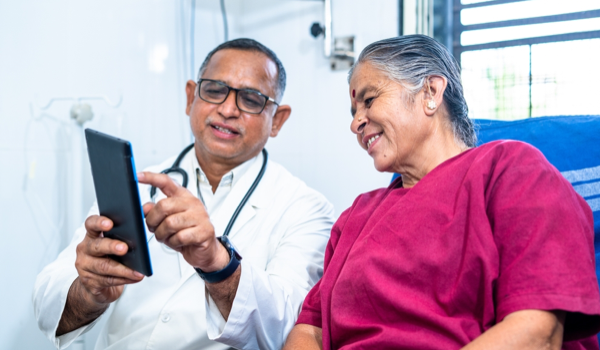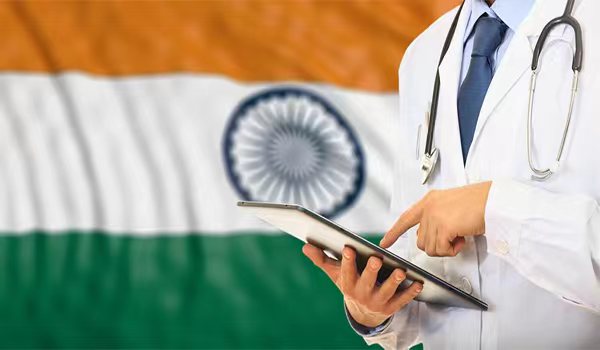


MUMBAI - As a nation with a population of over 1.4 billion - and still growing - India’s healthcare system must offer even more diverse solutions than most countries to meet the unique needs of each resident. Offering robust healthcare services to cater to such a massive population is a gargantuan task, especially with a fragmented healthcare system. Inadequate infrastructure, shortages of skilled healthcare professionals, and delays in adopting technology further aggravate the problem.
Government initiatives are insufficient on their own at times but, when synergized with the private sector, they streamline Indian healthcare operations. The National Health Mission is working on the accessibility of medical supplies and equipment, which likewise advances society’s participation and commitment to service delivery and guided decision-making. Another notable example is the Ayushman Bharat initiative, an insurance program that provides up to INR500,000 (USD6,000) for every family each year for secondary and tertiary care.1
Digitalization of healthcare, consequences
Tech developments and digitalization are also transforming India’s healthcare systems. Mobile health apps, telemedicine, and avant-garde techniques are all doing their part to enhance overall service delivery and efficiency - though they have also unlocked new ways for hackers to conduct malicious activities. Sensitive patient data are stored electronically with digitalization, making them vulnerable to cyberattacks. Cybercriminals exploit vulnerabilities in healthcare systems through ransomware attacks, phishing emails, or malicious links.
Not coincidentally, healthcare witnessed the most cyberattacks in 2022. On average, an Indian healthcare organization faced 1,866 attacks per week in a 38 percent rise over 2021. Criminals
The content herein is subject to copyright by The Yuan. All rights reserved. The content of the services is owned or licensed to The Yuan. Such content from The Yuan may be shared and reprinted but must clearly identify The Yuan as its original source. Content from a third-party copyright holder identified in the copyright notice contained in such third party’s content appearing in The Yuan must likewise be clearly labeled as such. Continue with Linkedin
Continue with Linkedin
 Continue with Google
Continue with Google









 1085 views
1085 views








